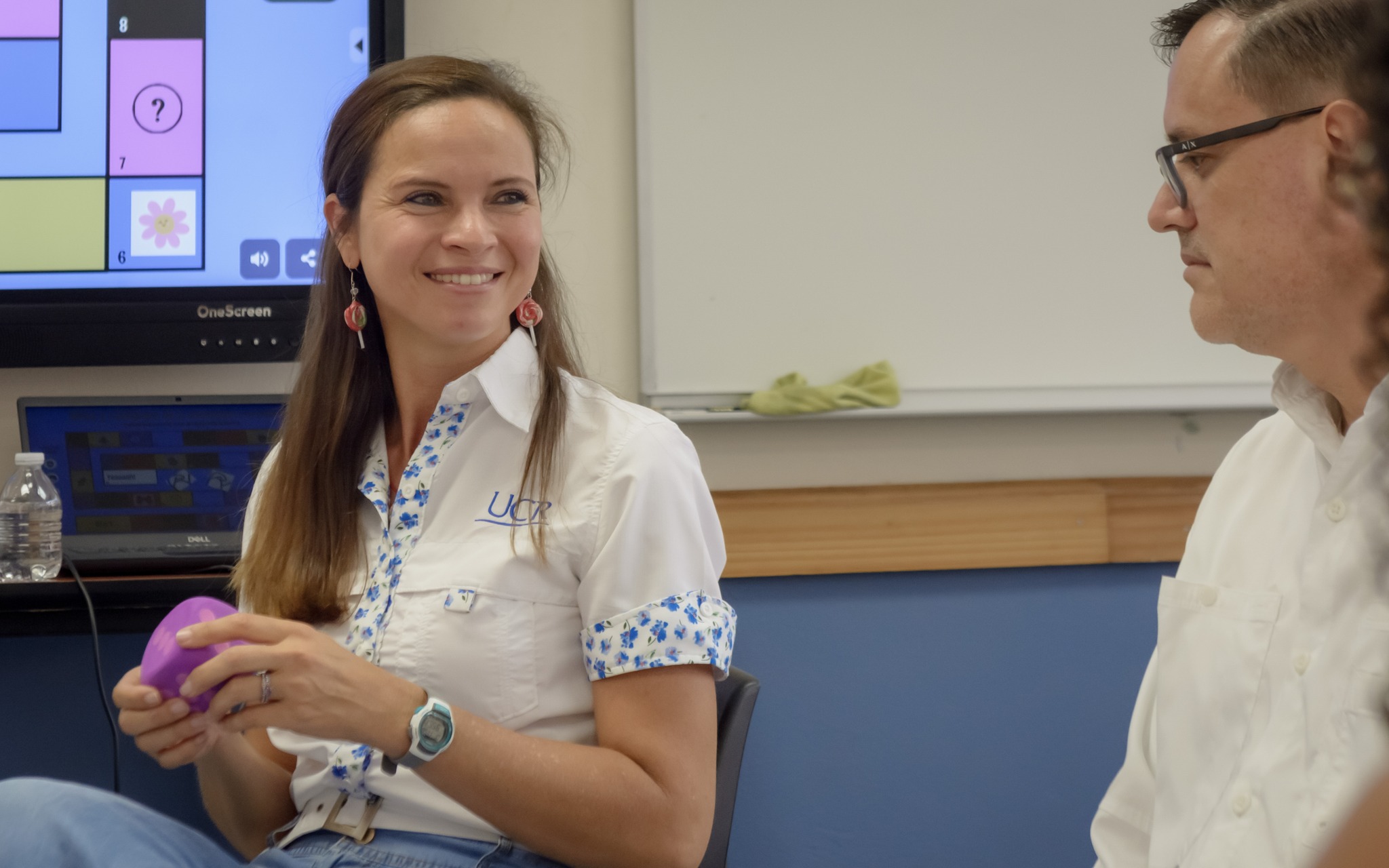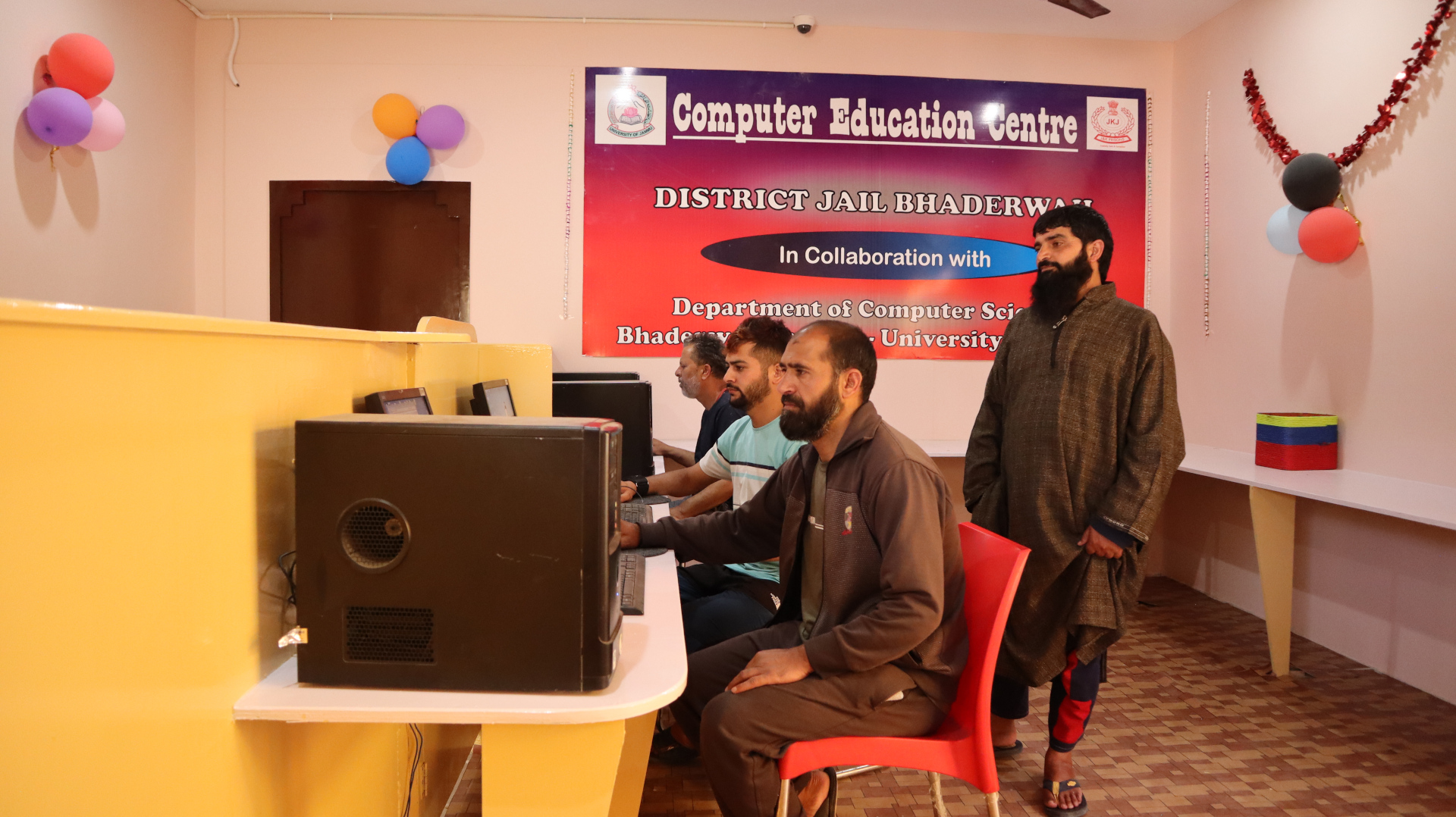Pathways to reintegration, reconciliation, and reducing recidivism
Diverting people from further involvement in the justice system serves the goal of most professionals in the justice field: to keep people in their communities and with their families. That is the focus of the diversion program, the Restorative Reporting Centers (RRC). The RRC is supported by Community Service Foundation, a model program of the IIRP. In partnership with Bucks and Lehigh Counties, Pennsylvania, this program has been in operation for 14 years and aims to reduce recidivism by holding youth accountable for their behavior, enabling them to make positive changes in their lives, and addressing the need for community safety. As an alternative to sending youth to residential placement, this community-based program allows them to remain home with their families and in their home schools.
Diversion is not possible or appropriate in all criminal cases. When incarceration occurs, restorative practices can help to build and strengthen a prison culture that supports a focus on rehabilitation and reintegration. From incarcerated individuals to staff and management, these practices are making an impact on safety and morale within the facilities and decreasing the likelihood of recidivism. This work helps bring humanity, respect, and meaningful connection into the culture of prison settings. The following examples highlight the creative ingenuity that can thrive in institutions across the globe when given the opportunity.
Location: San José, Costa Rica

A joint research project between the Universidad de Costa Rica and Indiana University is working to understand the educational dynamics within a Costa Rican juvenile facility. Since 2014, the research project has focused on several iterations of inquiry and celebrated many positive outcomes. The research team succeeded in guiding incarcerated students to examine their life stories through self-reflection and build a life plan for post-incarceration. They supported the students by exploring the resources provided through the justice system in the areas of family, career, and community for youth preparing to reenter society. Currently, the project team is creating a pilot program of peer mentoring for incarcerated juveniles and has developed a curriculum to train volunteers through a 16-week course. Volunteer trainees, with the support of the teachers in the facility and under the researchers' supervision, will offer peer mentoring to students preparing to exit the facility. The focus on education has become a significant component of the work; as one of the facility's teachers said to the researchers: “We don't look at their files, we don't ask what they did, we don't come here as criminologists. When they come across that door, to us, they are nothing but students.” The research team includes special educator, Yanua Ovares Fernandez, team coordinator and counselor, Viria Ureña Salazar, psychologist and IIRP Community Engagement Specialist, Claire de Mezerville López, and international team member, Dr. Theresa Ochoa from Indiana University.
Location: Jammu and Kashmir, India
The District Jail Bhaderwah in Jammu and Kashmir began the "Writing to Victim" program as a restorative initiative that encourages inmates, particularly those convicted of violent crimes, to write letters to their victims or victims' families expressing remorse and seeking forgiveness. This expressive writing exercise aims to help inmates process emotions, achieve closure, and foster empathy and accountability. Regular workshops and therapeutic writing sessions are conducted and facilitated by mental health professionals, providing a space for inmates to reflect and grow. The initiative has shown significant positive outcomes for the inmates, including emotional release, empathy development, and strengthened rehabilitation efforts. Prison Superintendent, Mushtaq Ahmed Malla, says, “While these letters are not sent outside the prison, they provide a powerful medium for inmates to explore their remorse and personal transformation.” The program has catalyzed a broader effort within the prison to encourage understanding and rehabilitation, contributing to a more humane correctional environment.
Location: Singapore

Singapore Prison Services (SPS) is dedicated to the rehabilitation and reintegration of incarcerated people through a multi-faceted approach that considers how inmates as individuals interact with the community around them. In recent years, SPS has committed to integrating restorative practices in staff training and workplace culture to support its mission. Over the last three years, more than 1,000 staff have been trained in the foundations of restorative practices principles and methodologies. Restorative approaches to relationship building have been employed at every level in the organization, from leadership to staff to interactions between staff and inmates. Through daily broadcasts, emails, and bulletins, staff are encouraged to proactively check in with each other. As a result, staff have found creative ways to connect, like taking walks together while sharing what is on their minds that day or coming up with fun check-in questions that increase their sense of camaraderie with one another. Staff use these same principles when interacting with inmates, engaging in impromptu conversations to support positive behaviors and to address concerning behaviors. This restorative implementation initiative is ongoing and has given life to leadership-led circles for staff engagement, staff-to-staff circle conversations, and identifying and creating restorative teams among trainers, volunteers, and “champions” of restorative practices. Proactive circles are used to build trust and to identify areas where staff and inmates can work together to improve the prison culture and environment.


